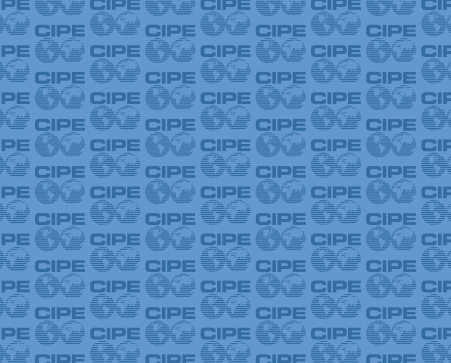
In Pakistan, the process of economic reforms has been painfully slow – a fact underlined by stalled or slipping progress on several international indices. On the World Bank’s 2015 Doing Business, Pakistan fell from 107th out of 185 countries to 128th. The World Economic Forum’s Global Competitiveness Index brought Pakistan down to 129th in 2014-15 from 124th in 2012-13. And the Fraser’s Institute report kept Pakistan at 124th out of 167 countries — the same spot it earned in 2013.
The World Economic Forum published its Global Competitiveness report this week, showing similarly weak progress. Three large South Asia Countries were ranked – India at 55th, Bangladesh at 107th and Pakistan at 126th. As compared to the last report, India jumped 16 places, Bangladesh by 5 and Pakistan slipped by one.
The report suggests that corruption, which is rampant in the whole of South Asia, is still the most challenging factor hampering business competitiveness in Pakistan.
On a more positive note, Pakistan received the highest ranking in the quality of higher education. In this category, the country sprinted 56 points to reach at 75th position, up from 131st. The government was also able to control the budget deficit as an overall percentage of the economy, hence and improvement of 28 spots in that area.
However, on the negative side, the World Economic Forum found a weaker judiciary and lack of transparency in government decision-making. Similarly, due to poor tax collection, performance of the Federal Board of Revenue declined. The report also indicates that customs procedures have become more burdensome, dropping Pakistan’s ranking in this category to 111th this year as compared to 87th in 2014.
The government of Pakistan is constantly suggesting that their reforms are focused on improving the business climate in Pakistan. However, the WEF report highlighted corruption, tax rates, inflation, access to financing, and insufficient government bureaucracy as the five most problematic factors for doing business in Pakistan.
The Fitch report also suggests that a weak stance on economic reform is a part of the problem. The report states, “Pakistan’s B ratings balance the country’s underdevelopment, political instability, weak public finances and history of macroeconomic volatility against the stabilization and progress on reforms achieved under the country’s latest International Monetary Fund (IMF) program.”
CIPE partner PRIME, a market economy think tank based in Islamabad, is monitoring the government’s implementation of its own economic manifesto. PRIME states, “All these reports give a thumbs down to Pakistan’s economic managers. For them, the country’s economy is not competitive, is largely in the clutches of the government which itself is not ready to reform the way it governs. What is worse, these reports are indicating a decline over 2013-2015.”
PRIME has provided policy recommendations to the government, the main being the need to set priorities and fulfill them. “Pakistan’s federal economic governance is distributed across 10 ministries. These include Ministries of Finance, Planning, Commerce, Industries, Textiles, Communication, Railways, Information Technology, Petroleum & Natural Resources, and Water and Power, and these ministries must deliberate on these reforms by drawing a clear roadmap for economic reforms in Pakistan.”
Hammad Siddiqui is Deputy Country Director for CIPE Pakistan.
Published Date: October 05, 2015